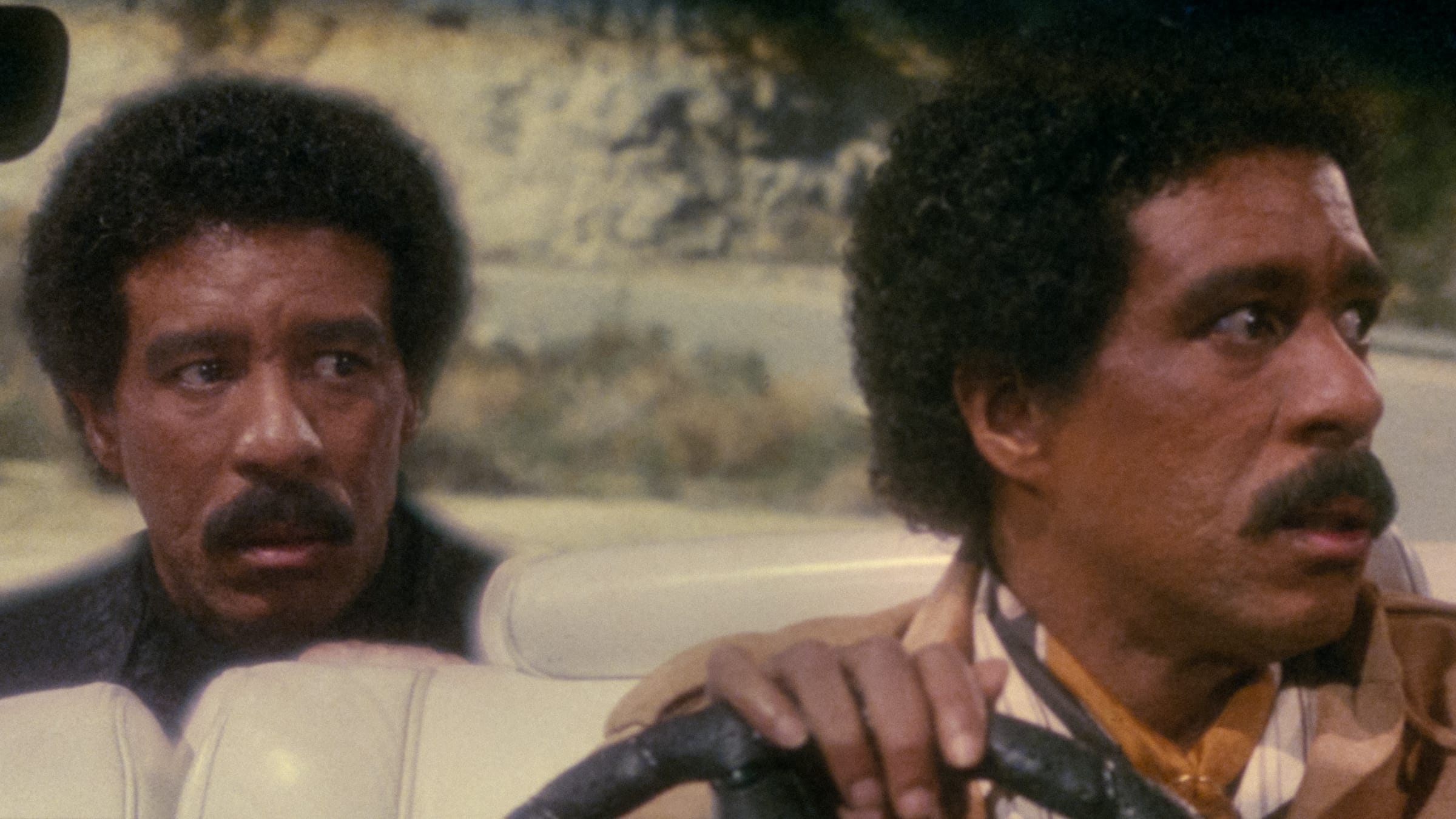(ThyBlackMan.com) Animals with special needs are not uncommon. You’ve probably seen a video of a pet born with a physical impairment of some sort somewhere on the internet. However, is it possible for an animal to be born with Down Syndrome? Possibly, but it’s unlikely.
Humans have 23 pairs of chromosomes in the nucleus of every cell in their bodies. Chromosomes are made up of our DNA, which makes up who we are and the characteristics we will have as get older. Down Syndrome is a chromosomal condition that occurs when an individual has a copy (either full or partial) of the 21st chromosomal pair. The extra chromosome pair can cause physical attributes that a person without Down Syndrome wouldn’t have such as a single crease across the palm or upwardly slanted eyes.
Can an animal be born with Down Syndrome, though? It’s not likely. Sometimes pet owners will notice physical characteristics that remind them of those that a person with Down Syndrome may have. These could be reduced or diminished muscle tone, small stature, an unusual walk, or narrowed eyes or eye openings. You may have what appears to be a cat with down syndrome. Some owners may also notice that their pet has what could be considered a cognitive impairment or disability, which can also be a characteristic of a person with Down Syndrome.
Animals may have all of these symptoms, but that does not mean that they are linked to Down Syndrome in animals. There are conditions that have been proven in animals (such as dogs) that have similar symptoms as Down Syndrome, but are completely different. Some examples include dwarfism or a growth hormone deficiency.
Scientists have not completely ruled out animals having Down Syndrome. In fact, primates such as chimpanzees can be born with a condition that is like Down Syndrome called Trisomy 22, although it is rare. Non-human primates and humans are so close genetically, which could be the reason why we only see this similar condition in those types of animals.
It is interesting to note that mice have been used in the study of Down Syndrome and its symptoms. Humans have Trisomy 21 (another name for Down Syndrome – referring to the duplicated 21st chromosome), and mice have Trisomy 16. These mice are used as models in the study of Down Syndrome and the use of therapy to improve the quality of life of those living with Down Syndrome. Scientists hope to learn more from these mice about the best ways to support and treat the underlying health conditions that can be present in those with this disorder, such as heart conditions and aggressive behaviors. These conditions and behaviors have also been seen in the primates that have had Trisomy 22.
As for other animals, there is little to no evidence so far that physical similarities seen are signs of Down Syndrome or a similar condition in animals. Beware of those websites that post pictures of animals with physically similar attributes to people with Down Syndrome and claim they also have this condition. Oftentimes they are photo shopped, or just happen to feature an animal who is differently-abled.
Staff Writer; Todd Jacobs

















Leave a Reply